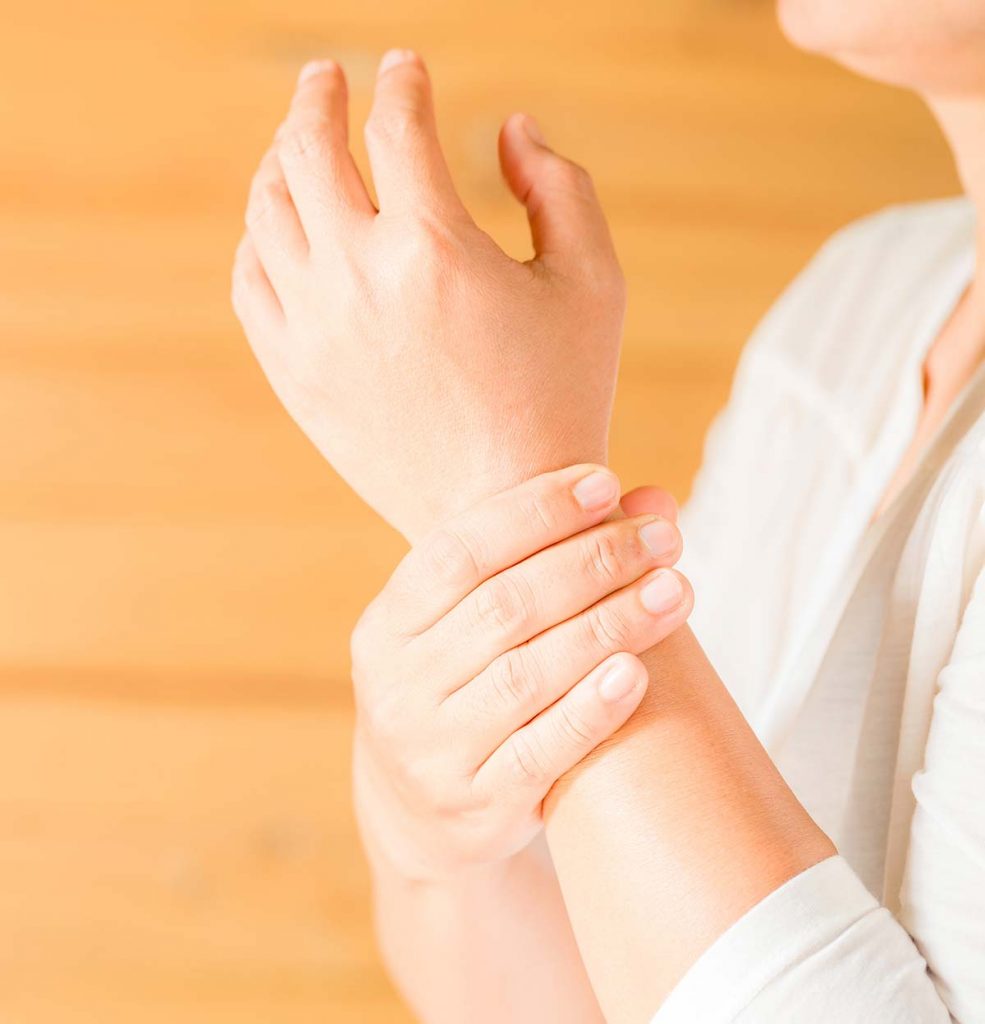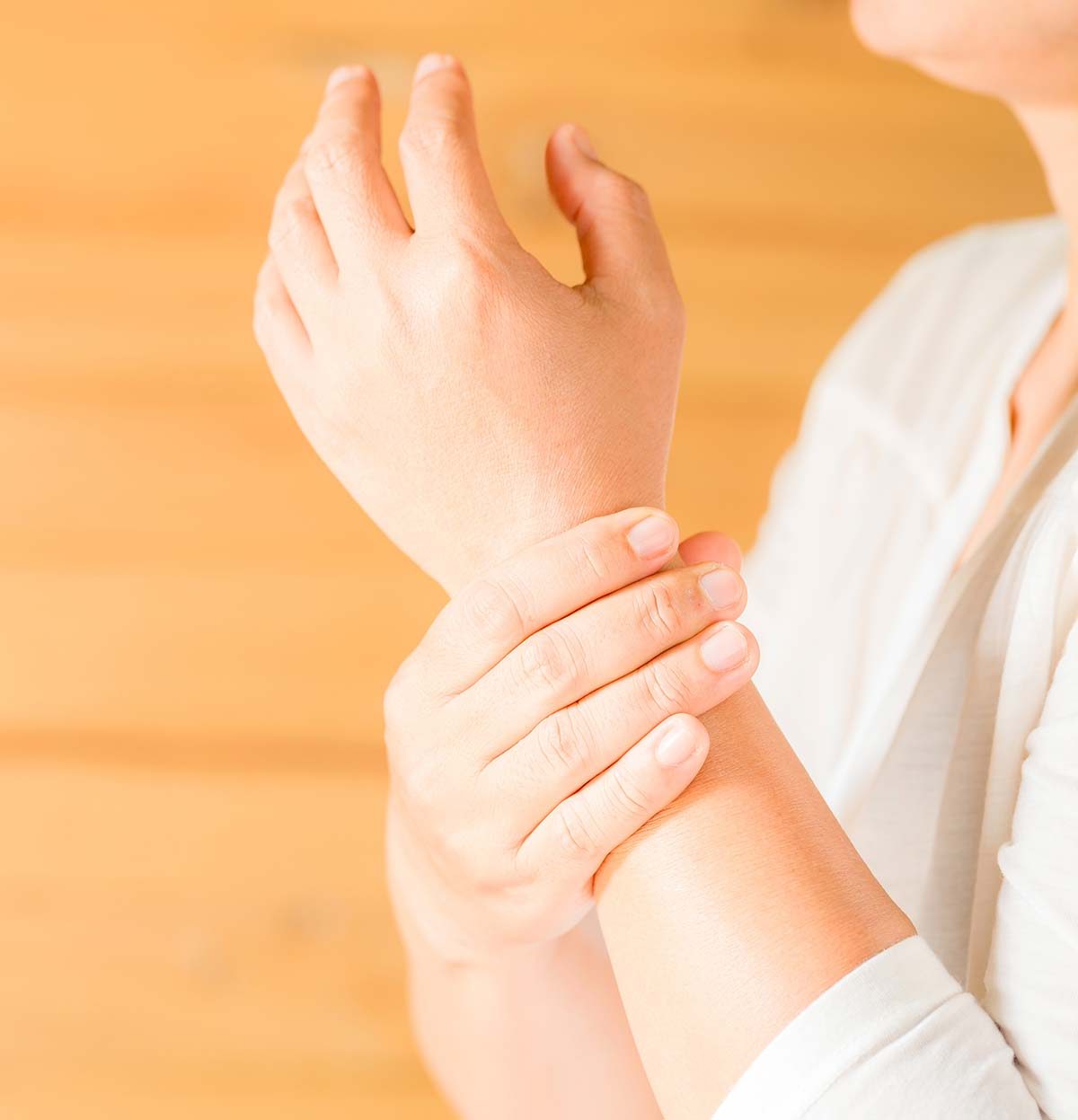Complex Regional Pain Syndrome
![]()
Call (703) 520-1031 or use the form to send us your contacts.

Pain in the arm or leg without apparent causes is called several names in the medical community—causalgia, Complex Regional Pain Syndrome, or Reflex Sympathetic Dystrophy. Most of the patients who are suffering from this syndrome had an initial trauma or any painful injury. This condition is defined as continuing regional pain due to trauma and injury that is not considered normal. In severe cases, a simple touch can cause significant pain. Medical professional usually diagnosis CRPS when other conditions are excluded.Defining the syndrome
Symptoms
Symptoms of CRPS include pain in the region that is not common with the primary damage and continues even after the wound or injury heals. The patient may not have any visible symptoms or signs, but during the acute period of pain,, there may be some swelling, changes in skin blood flow,, and changes in temperature in the affected body part. Abnormal excessive sweating, as well as changes in hair and nail growth patterns, may also occur.
Causes
Currently, the cause of CRPS is unknown. The most common reason involves part of the autonomous nervous system, the sympathetic. Another possible explanation of CRPS includes an abnormal interaction between the peripheral nervous system (nerves in the extremity) and the central nervous system (the spinal cord and brain).
The medical community has identified two types of CRPS. Type 1 refers to the above-mentioned symptoms about an injury that did not cause a direct nerve damage. Type 2 describes the symptoms mentioned above after a distinct nerve damage occurs.
Treatments
Treatment includes intense physical therapy aimed at restoring function in the limb. You may receive a prescription for medications that may temporarily relieve your symptoms. Your pain physician may also discuss minimally invasive injections. These injections include a lumbar sympathetic plexus block for those who suffer from CRPS in their lower extremities. A stellate ganglion block provides relief for patients with CRPS in their upper extremities. Other treatments include an intrathecal pump or spinal cord stimulation.
